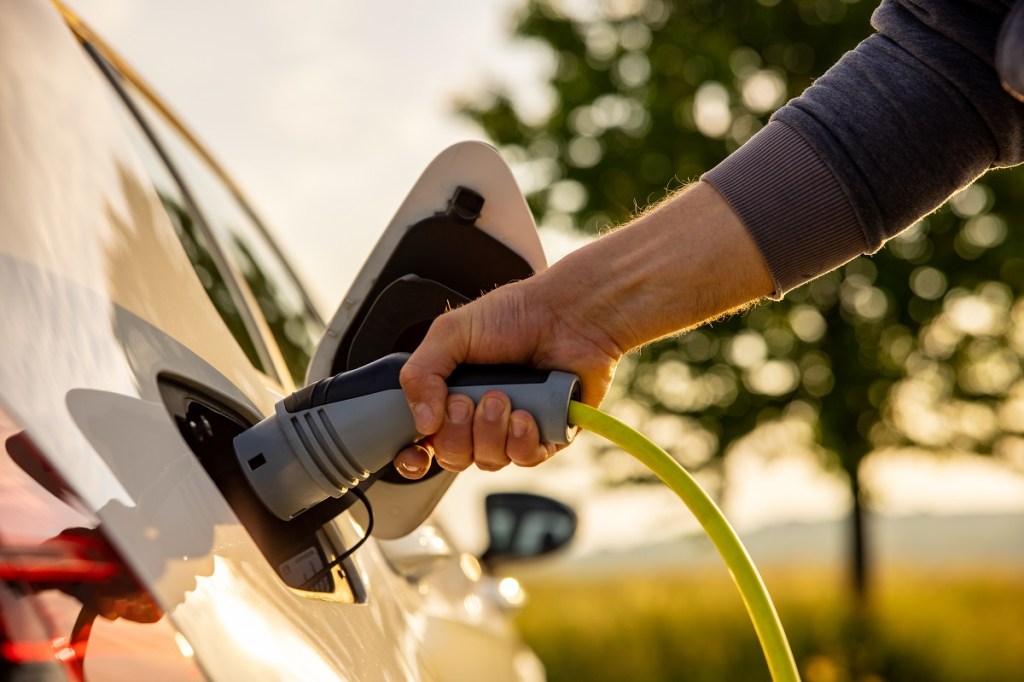The Albanese Government has released the National Electric Vehicle Strategy, which includes the introduction of a Fuel Efficiency Standard.
Fuel efficiency standards outline how much pollution – or specifically, carbon dioxide – a car will produce when it’s running, with Australia and Russia among the only developed countries in the world that don’t have the standards.
The lack of a standard has meant that Australians are missing out on greater choice of car models and paying more in fuel as manufacturers prioritise sending more efficient vehicles to countries with standards in place.
Chris Bowen, Minister for Climate Change and Energy, said the strategy delivers on the government’s commitment to provide greater choice for Australians to drive cars that are cleaner and cheaper to run.
“This strategy provides the coordination and leadership to drive down costs and improve infrastructure so that we get more affordable and accessible electric vehicles on the market.”
Catherine King, Minister for Infrastructure, Transport, Regional Development and Local Government, said more than 85 per cent of cars sold in the world are subject to fuel efficiency standards and it is time Australians were offered the same choice.
“This strategy offers an historic opportunity to develop fuel efficiency standards that learn from international best practice, while recognising the unique needs of Australians.
“It will send a strong message to the global car industry that when it comes to transport technology, Australia will no longer settle for less.”
With transport being the third largest source of emissions in Australia, this strategy is expected to cut emissions by at least three million tonnes of carbon by 2030.
In terms of EV sales, Australia’s uptake of EVs is around four times lower than the global average, and the strategy will also look at the barriers affecting EV uptake, whether it be demand, supply, or infrastructure.
Chris Mills, CEO of Evie Networks, said it is paramount that publicly available EV charging infrastructure remains commercially viable, ahead of a significant increase in the number of EVs on the road.
“While this announcement is extremely positive and promising, it reiterates how critical it is that governments – both state and federal, join together and take action to address unduly high costs resulting from unrealistic electricity charges being levied on this new industry.”
Consultation on the fuel efficiency standard has started, with the government set to release the proposed standard by the end of 2023.
To stay up to date on the latest industry headlines, sign up to the C&I e-newsletter.

